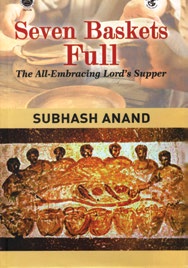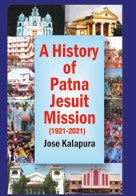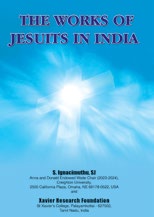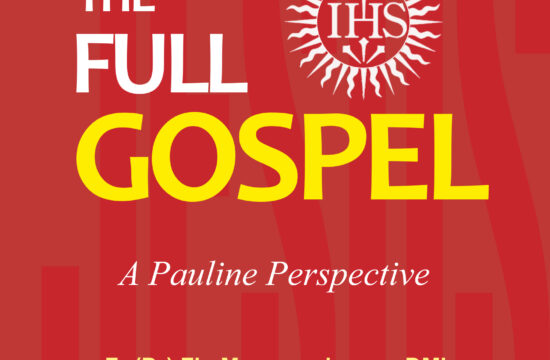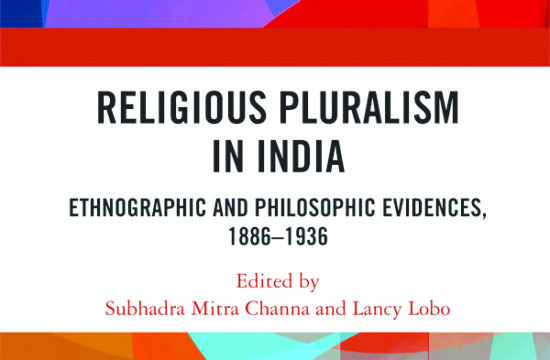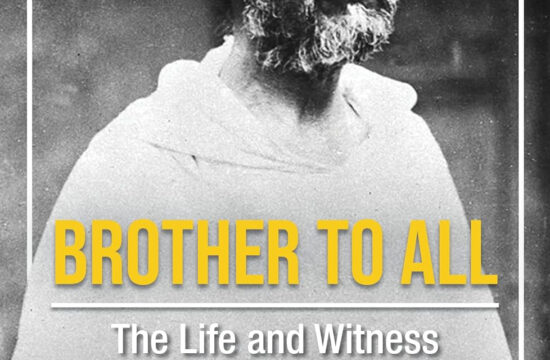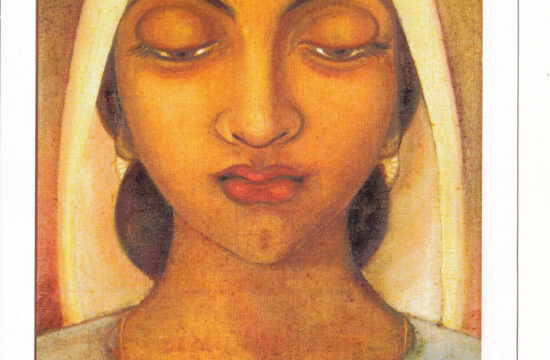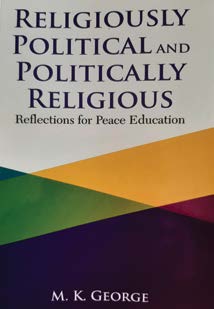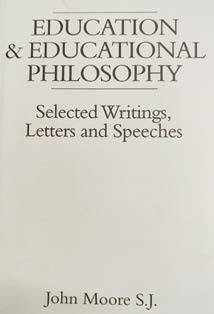The book, Seven Baskets Full: The All-Embracing Lord’s Supper, my study of the Christian texts of the first three centuries was a real surprise. The Lord’s Supper was different in so many ways from the Eucharist of today.
It was held in the homes of people, presided over by some respectable persons. No Apostle is reported to have presided over it. Wheat or barley bread was the primary constituent of the meal (“breaking of bread”). Often dried fish was also used. Wine was a rare commodity among the poor.
The meal had a horizontal axis. The fellowship of fraternal love, particularly with the poor, was a special concern. Part of the meal was sharing the memory of Jesus; the struggles of the disciples; and airing the concerns of people in need. The early writers repeatedly spoke about love, justice and prayer. They hardly mentioned any cult. Nowhere does the New Testament invite the reader to participate in Lord’s Supper.
There were instances of women presiding over the Last Supper. The men tried to stop them, labelling them as heretics. The president and the people extemporized the prayers. The words of institution were not part of the Lord’s Supper.
As the meal was not a sacrifice, it did not need some special priesthood or have atonement as one of its functions. There were no Masses for the dead. The idea of and the term ‘transubstantiation’ were totally absent. If what is said in the book is truly in accordance with the early Church, then it is time that we come together and discern what course of action we need to follow. To ignore the data is to ignore the truth. To be open and learn is to move deeper into Christian and human fellowship.
Subhash Anand
Title: Seven Baskets Full: The All-Embracing Lord’s Supper
Author: Subhash Anand
Publisher: Media House, Delhi
Pages: 877
Price: Rs. 1500 US $ 50.00
The author is professor emeritus, Indian Philosophy and Religions, Jnanadeep Vidyapeeth, Pune. He is now working on those questions that crop up during inter-religious and ecumenical dialogues.


